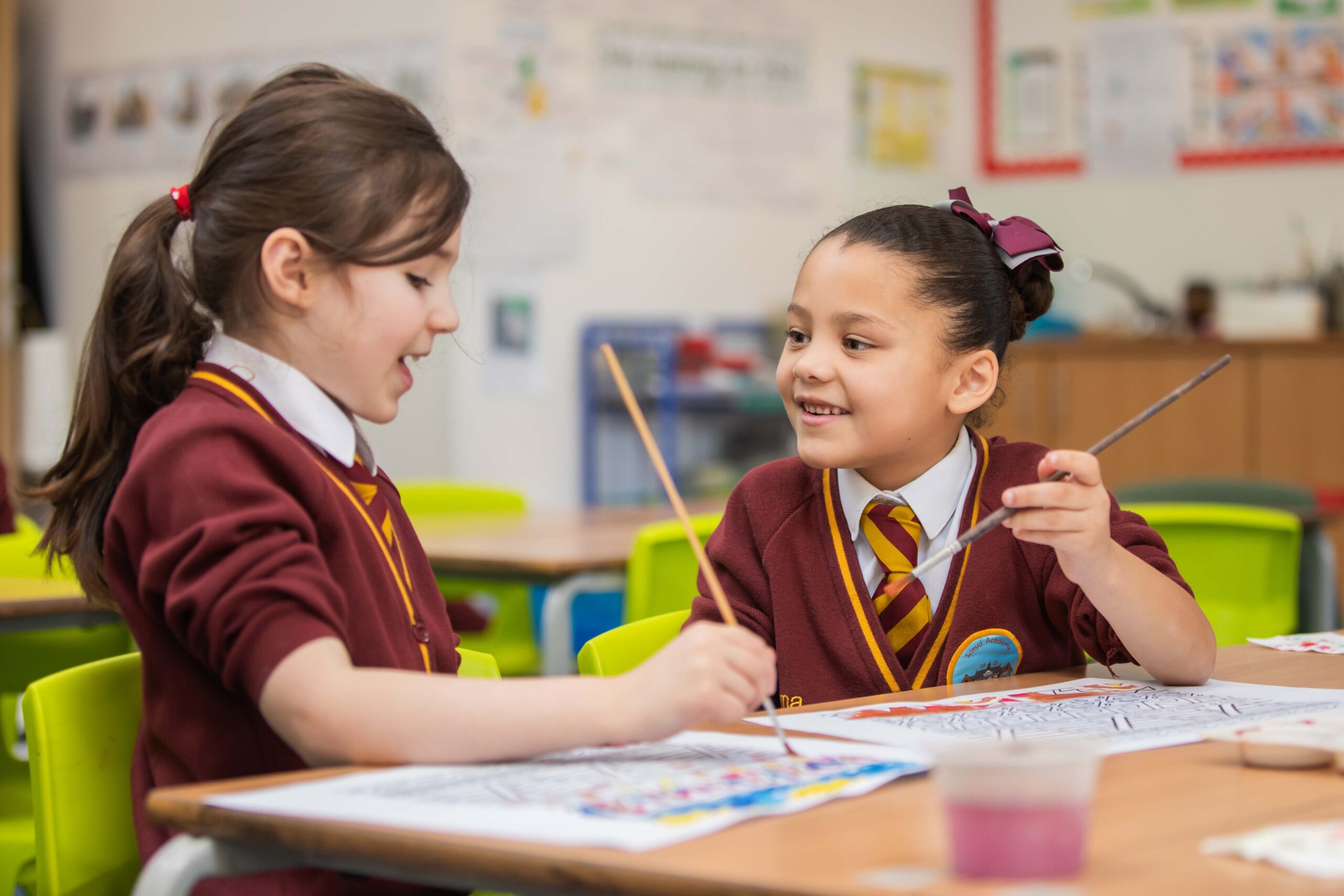Holy Month of Ramadan
As we embark on the auspicious journey of the Holy Month of Ramadan at Sneyd…
It is the Spiritual, Moral, Social and Cultural development of the children in our school. SMSC is an integral part of a child’s education. It helps them to develop into aspirational, respectful individuals who will be prepared to live full active lives in their communities, as adults.
This is not a separate subject that is taught explicitly but an aspect of learning that should be present around school; in lessons and behaviour in school. Some lessons lend themselves more easily to direct SMSC development such as PSHE and RE. We also aim to develop SMSC through assemblies, behaviour expectations and our attitudes in school. (Ofsted have provided definitions which are below).
At Sneyd Academy, we strive to create an environment which promotes respect, diversity and self-awareness and equips all of our pupils with the knowledge, skills, attitudes and values they will need to succeed in their future lives. We ensure the curriculum provides a wide range of artistic, sporting and cultural opportunities that encourage pupils to work together and use imagination in their learning. We aspire to provide activities that require pupils to reflect and empathise with others as well as giving them the confidence to provide their opinions and develop their own view points. Our school values of Respect, Resilience, Friendship, Positivity and Pride underpin everything we do.
As well as developing and promoting the SMSC values, we also promote the following fundamental British values: Democracy, Rule of Law, Individual liberty, Mutual respect and Tolerance of those with different faiths and beliefs. Please feel free to take a look at our British Values page to learn more about how we promote the British Values. Click here.
At Sneyd Academy we recognise that the personal development of children, spiritually, morally, socially and culturally, plays a significant part in their ability to learn and achieve. We want to give each child the opportunity to explore social and moral issues; develop a sense of social and moral responsibility and promote the British Values. We therefore aim to provide an education that provides children with opportunities to explore and develop:
Our opportunities for SMSC development are continuously changing and evolving.
We have an electronic grid which tracks the progress and evidence of our SMSC development. It is split into the Ofsted success criteria and shows how we develop each criteria. The evidence is dated and also shows how our SMSC provision changes over time.
We also use discussions and questionnaires to see the impact on the children’s development. We also look at their topic books, which include work from their PSHE and RE lessons and the RE and PSHE subject trackers. Each class has an SMSC display board where they display work which shows an aspect or many aspects of SMSC or the British Values in picture or written form. When walking around the academy, SMSC is displayed on many displays, including our British Values displays.

Our aim is to enthuse our children to ‘Learn, Achieve, Believe’ in all that they do.
We offer a broad and balanced curriculum as well as excellence in maths and English. We bring in expertise for pupils in music and PE and achieve well in these subjects.
Here you can find a collection of our latest news. We aim to keep all stakeholders as up-to-date as possible.
As we embark on the auspicious journey of the Holy Month of Ramadan at Sneyd…
Are you passionate about education and hold a degree? Alpha Academies Trust presents exciting opportunities…
If you require a paper copy of any of the pages / documents published on this website, please click here and complete the form stating which page(s) / document(s) you require along with your name and address.